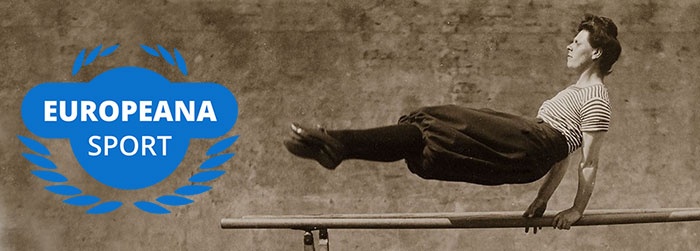German boxer Max Schmeling was one of the first Europeans to be world heavyweight boxing champion of the world, winning first in 1930. Through the 1930s, his successful boxing career ran parallel to the rise of Nazi Germany, with political overtones to his athletic achievements.
Born in September 1905, Max Schmeling was the son of a Hamburg sailor. He began boxing in amateur competitions. By 1924, he had won Germany's national amateur title in the light heavyweight division.
Embarking on a professional boxing career, Schmeling won and retained multiple German championships. In 1927, Schmeling won the European championship against Belgian boxer Fernand Delarge.
The following year, he retained his European and German championship titles and decided to compete for bigger matches and prizes in the United States.
By 1930, Schmeling had won the world heavyweight championship. His victory wasn't convincing, as he was the first boxer to win the title by disqualification, after his opponent Jack Sharkey, an American boxer of Lithuanian heritage, knocked him down with a low blow in the fourth round.
Nonetheless, Schmeling was the world heavyweight champion between 1930 and 1932. He lost the title to Sharkey in 1932, who won by a controversial decision.
In 1933, German Schmeling's match with American boxer of Jewish heritage Max Baer set the tone for the next decade of his boxing career. Schmeling became associated with the Nazi party's rise in Germany, with many seeing Schmeling as a puppet of Nazi Germany.
His matches against black American boxer Joe Louis in the late 1930s went far beyond sport, becoming stages where international politics and race relations were played out.
In June 1936, Schmeling knocked out Louis in the 12th round of their match. The Nazi Party attempted to capitalise on Schmeling’s victory for propaganda, promoting Schmeling as a representative of their ideologies. Films showed the match, Hitler reacting to the match, and Schmeling was hailed as a hero on his return to Germany.
However, despite meeting Hitler and Goebbels on multiple occasions and how he was viewed in the United States, Schmeling never became a member of the Nazi party and vowed to remain apolitical. He continued his professional relationship with his Jewish-American manager, Joe Jacobs, and even sheltered two Jewish boys (the young sons of his friend David Lewin) in his apartment in Berlin during the Kristallnacht in November 1938.
In 1938, Schmeling again faced Louis in an eagerly-anticipated match in New York.
Louis knocked out Schmeling two minutes into the first round. When it became clear that Schmeling would lose, the radio broadcast of the fight in Germany ended. Schmeling was taken to hospital, with two broken vertebrae. His return to Germany had none of the ceremony that had greeted him in 1936.
During World War II, Schmeling served with the Luftwaffe as a paratrooper. In May 1941, he was injured parachuting during the invasion of Crete in 1941.
After the war, Schmeling returned to boxing in 1947–48, winning three of five fights in Germany before retiring permanently in 1948, aged 43.
Schmeling later worked for Coca-Cola, which made him a wealthy man and he became known as a generous philanthropist. In the 1970s, he published his autobiography. Schmeling died in 2005 aged 99, the longest living heavyweight boxing champion in history.
Share your sport story
Can you help us to tell the story of sport in Europe in the past and the present?
We invite you to tell us about your sport experiences through objects like photographs, memorabilia, equipment or prizes.

